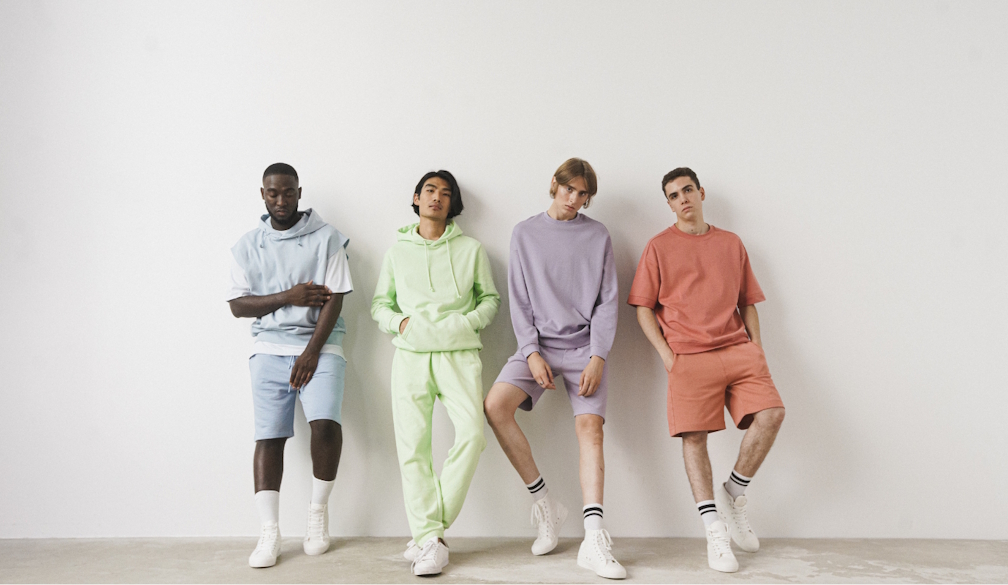Does the Men's Clothing Industry Cause Fast Fashion Waste?

The term "fast fashion" is most often associated with women's clothing, characterized by rapid production cycles, low prices, and trending styles that quickly go out of season. However, the men's clothing industry also plays a significant role in contributing to fast fashion waste, albeit with some distinct characteristics.
Similarities to Women's Fast Fashion:
Mass Production and Consumption: Like the women's sector, the men's clothing industry produces vast quantities of garments at low costs, encouraging frequent purchases and disposability.
Trend-Driven Cycles: While perhaps less dramatic than women's fashion, men's clothing trends still dictate seasonal collections, leading to items quickly becoming "outdated" and discarded.
Affordability Over Durability: Many fast fashion brands in the men's market prioritize cheap materials and quick manufacturing, resulting in clothes that are not built to last, thus fueling a cycle of repurchase.
Unique Aspects in Men's Fast Fashion:
Perception of "Timeless" Styles: Men's fashion often leans towards more classic and enduring styles, which can mask the underlying fast fashion practices. Consumers might believe they are buying durable staples when, in reality, the quality is compromised.
Less Overt Trend Chasing: Men might not perceive themselves as actively "following trends" as overtly as women, but subtle shifts in cuts, colors, and specific item popularity (e.g., specific sneaker models, types of casual shirts) still drive consumption.
Underwear and Basics: The frequent replacement of everyday essentials like underwear, socks, and basic t-shirts, often purchased from fast fashion retailers, contributes a consistent stream of textile waste.
Influence of Social Media and Celebrity Culture: The rise of male fashion influencers and celebrities showcasing new outfits contributes to the desire for constant wardrobe updates, even if the individual pieces appear less overtly "trendy."
The Impact on Waste:
The consequences of fast fashion in the men's sector are similar to those in women's:
Landfill Burden: Millions of tons of discarded clothing, often synthetic and non-biodegradable, end up in landfills annually.
Environmental Pollution: The production of fast fashion, including men's clothing, involves significant water consumption, pesticide use (for cotton), and chemical dyes, leading to water and soil pollution.
Ethical Concerns: Low prices often mean exploitative labor practices in manufacturing countries, affecting garment workers.
Moving Towards Sustainable Men's Fashion:
Addressing fast fashion waste in the men's clothing industry requires a shift in both production and consumption habits. This includes:
Prioritizing Quality and Durability: Investing in well-made garments that last longer reduces the need for frequent replacement.
Embracing Timelessness: Focusing on classic, versatile pieces that transcend fleeting trends.
Exploring Sustainable Materials: Choosing clothing made from organic, recycled, or innovative eco-friendly fabrics.
Supporting Ethical Brands: Researching and buying from companies committed to fair labor practices and environmental responsibility.
Repair, Reuse, and Recycle: Extending the life of clothing through repair, donating unwanted items, or participating in textile recycling programs.
While the discussion around fast fashion often centers on women's wear, the men's clothing industry is undeniably a part of the problem and holds significant potential for contributing to a more sustainable future.








